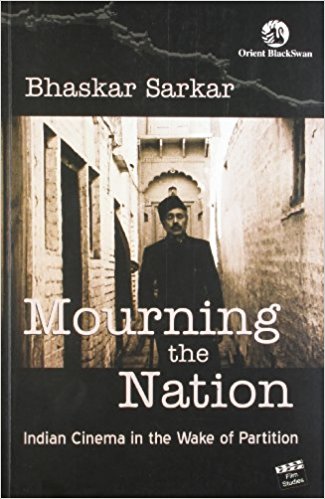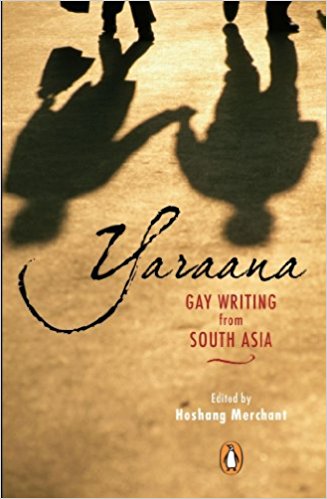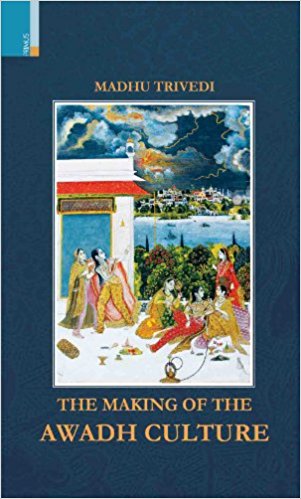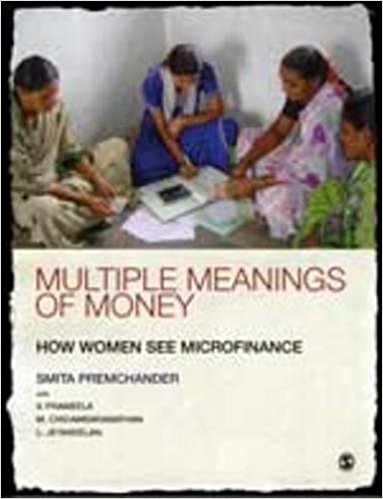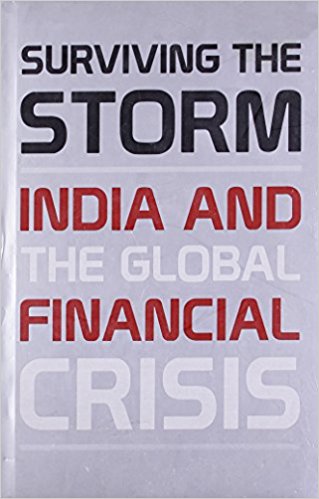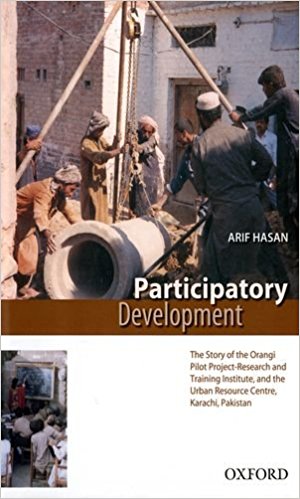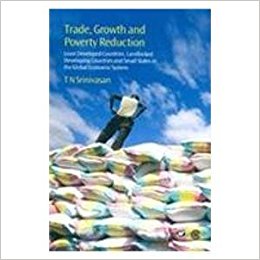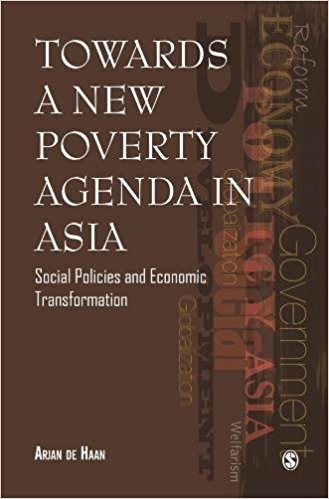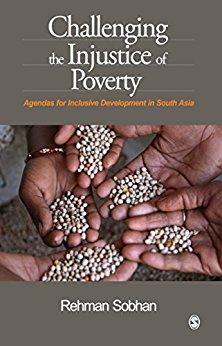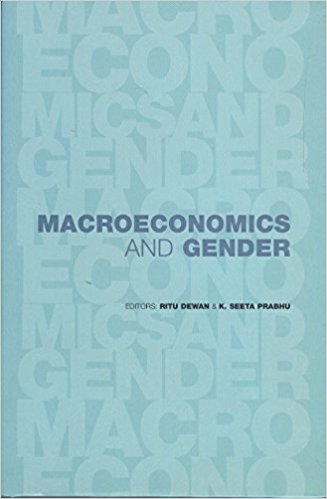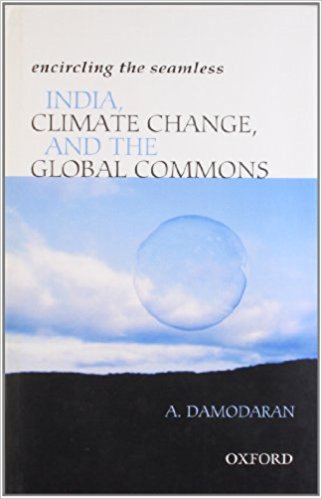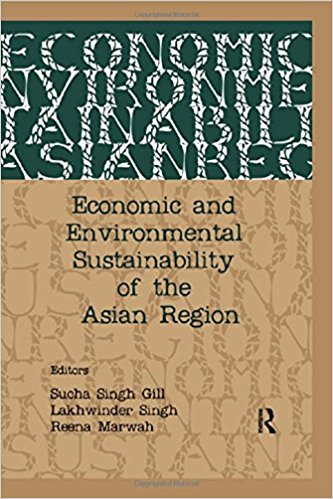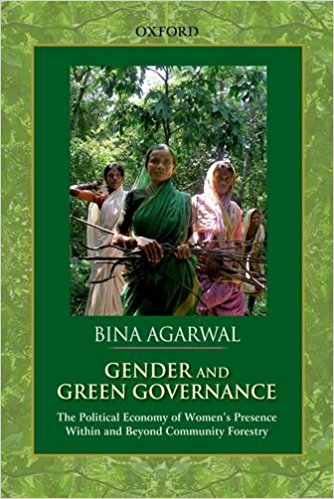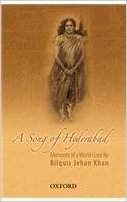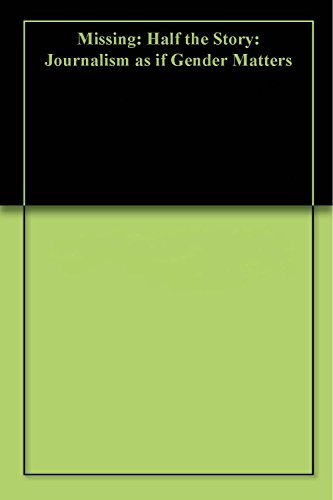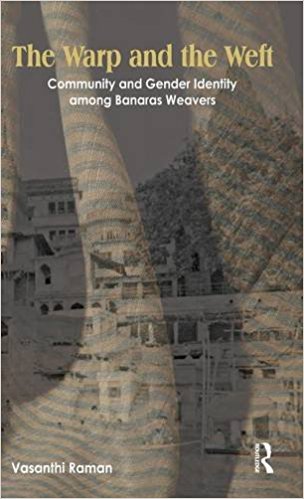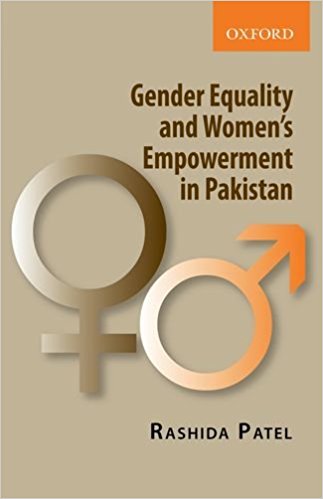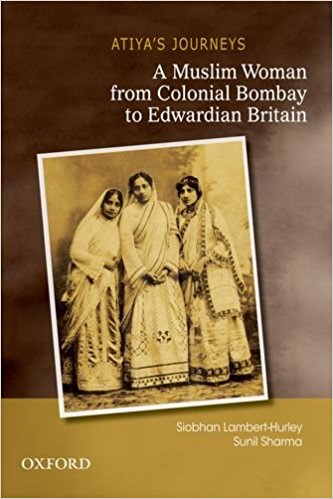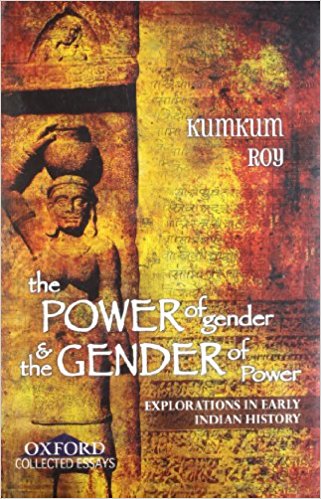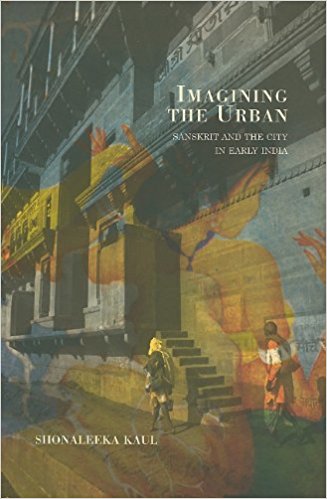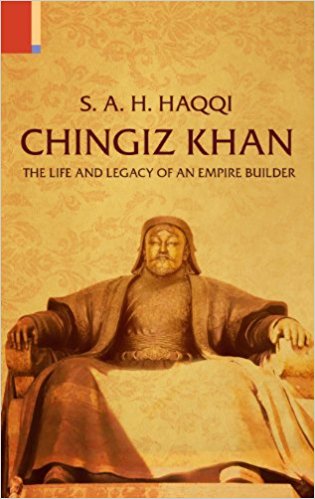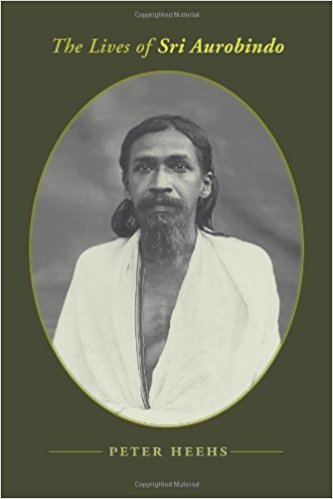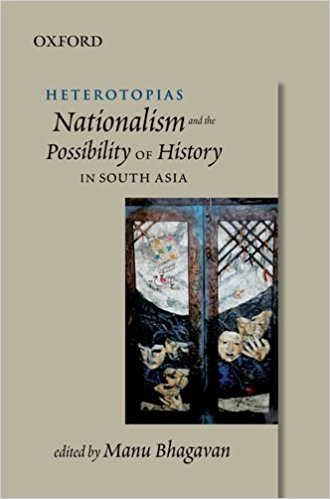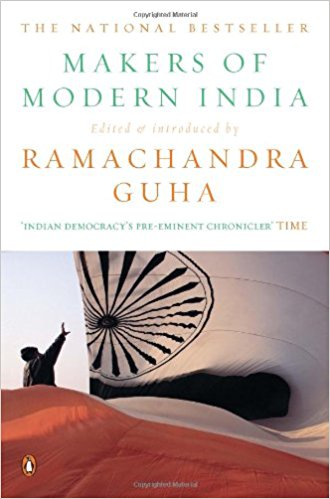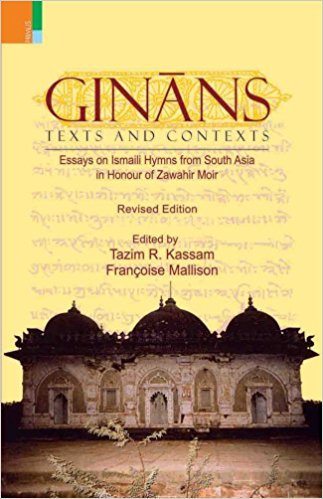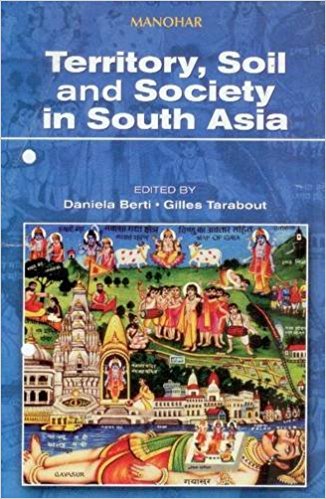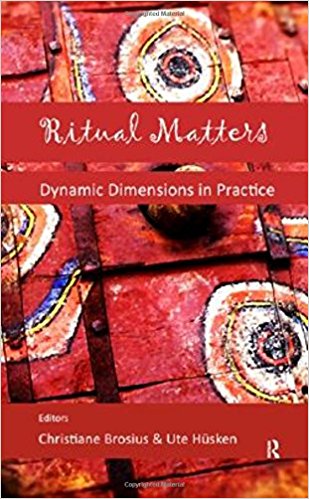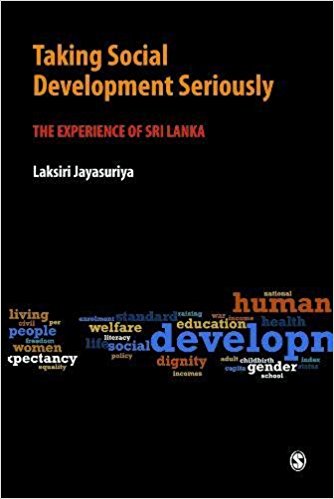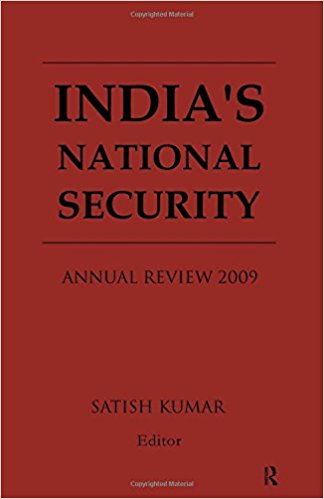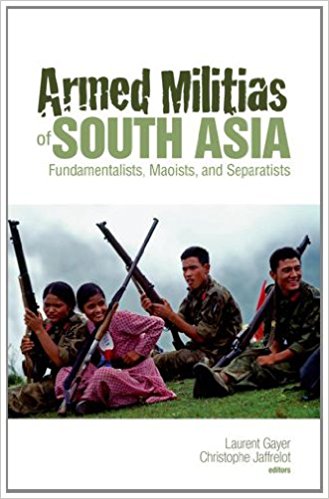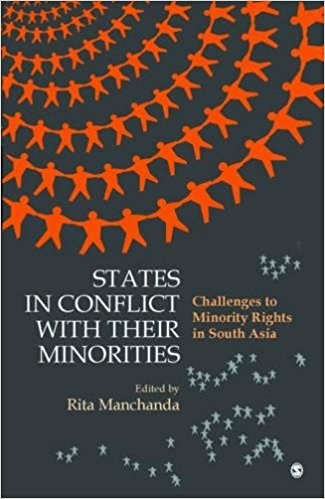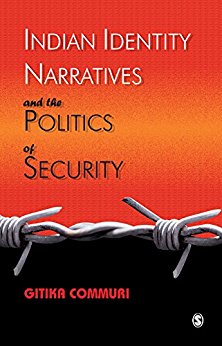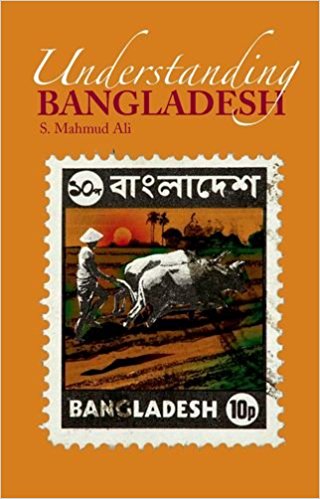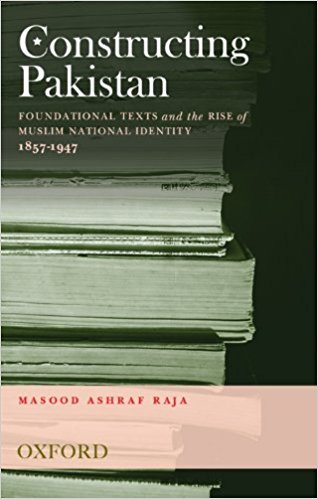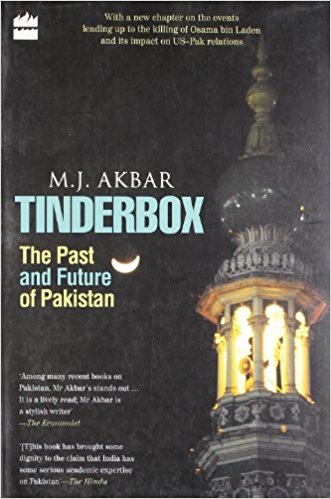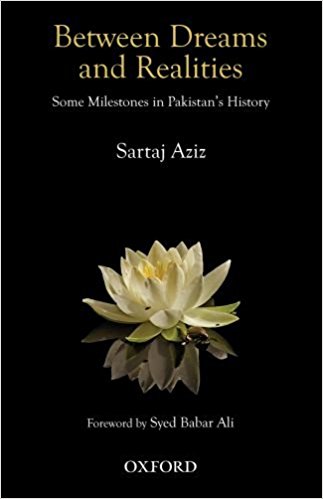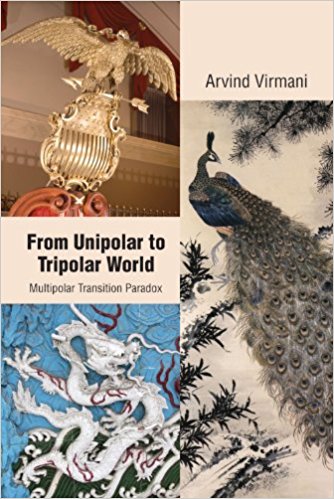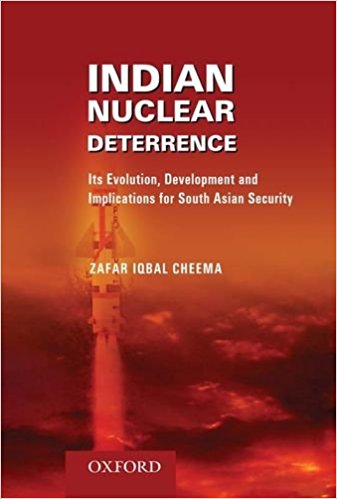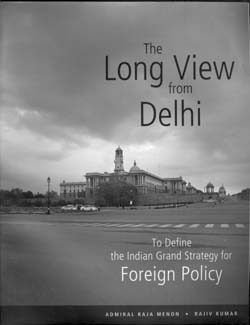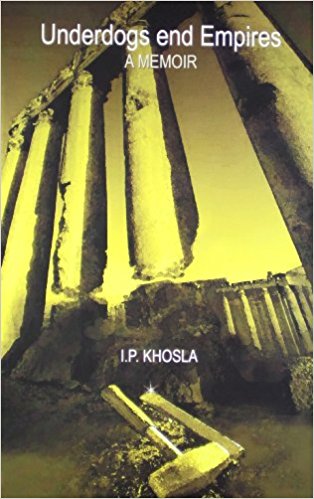Representation, of all genres and kinds, in the media and elsewhere takes on a meaning outside the boundaries of human discourse and behaviour. It takes on greater and more worthy connotations as the process subsumes the depiction of communities, both communal and caste, genders, sexualities…
Archives
March 2011 . VOLUME 35, NUMBER 3Zahida Zaidi says that she has not attempted a work on the history of Urdu literature in this endeavour. Notwithstanding, I would argue that she has subconsciously ended up providing a very fine outline of the same in the course of writing this book…
Beginning in the late 1960s, sociological and historical interest in homosexuality in Britain and the United States began by academics questioning the validity of using culturally specific terms like gay or homosexual to describe desire and sexuality across time and space. Social constructionist researchers often suggested…
In the BBC Hard Talk interview aired on January 5 January 2011, Bruce Riedel, former CIA officer, national security official to Presidents Clinton and Bush, and adviser to President Obama on Afghanistan and Pakistan announced that Pakistan is the most dangerous country on earth…
This book straddles several anomalies that are rather obvious once stated but are rarely formulated as such. How is it that the world of Urdu literature becomes so dominated by people from the Punjab in a span of fifty years, beginning circa 1900s, and in a sense, continues to remain so? Iqbal, Faiz, Meeraji, Rashid, Bedi, Manto, Krishan Chander…
The Brill Dictionary of Religion describes pilgrimage as timehonoured migrations to outlying sacred places. This phenomenon of religious mobility is attested among peoples of ancient times This devotional journeying is underscored by the belief that the local presence of a deity, a hero, or a saint in this specific place makes transcendence in immanence especially effective and available to experience, and thereby especially efficacious for ones own concerns.
Madhu Trivedis knowledge of cultural and artistic production in Nawabi Awadh is very evident throughout the text. An introductory chapter sets out the historical background to Awadh in the Nawabi era (17221856), followed by detailed information on the place of Shii Islam, literary production, music, painting…
In Multiple Meanings of Money: How Women See Microfinance, the authors explore women’s own money management strategies, group dynamics and learning processes in groups. The book is an impact study using participatory research methodologies in an actor-oriented perspective framework that essentially results…
Economist Paul Romer said: A crisis is a terrible thing to waste; Shekhar Gupta says: ‘This book (Surviving the Storm) is proof of that’; and I say: ‘I agree’.The book, a chronicle of the 2008 financial crisis has several parts revolving around a theme, the last theme on Theoretical Underpinnings, actually glimpses of the huge debate of questioning mainstream economics…
It is alleged that government officials, urban planners and politicians cater to the interests of the elite and not to lower income groups in matters of urban development. Arif Hasan has considerable direct experience in urban architecture and planning, therefore, this book approaches the many challenges practitioners face in achieving the goal of executing participatory development projects in countries such as Pakistan from paper to practice.
Trade liberalization over the last few decades, (led, to a large extent, by a paradigm shift in China, India and South East Asian countries), has generated much optimism, although it is not an unmixed blessing for all.
Arjan de Haans book is timely and comes at a time when the global financial crisis is pushing more people into unemployment and making governments in the developed and developing worlds slash budgets and shrink the states interventions in the social sectors.The role of social policies in the shaping of wellbeing…
South Asia is the second fastest growing region in the world after East Asia. This growth has reduced poverty rates but they have not fallen fast enough to reduce the total number of the poor. This is despite growth being complemented with various poverty alleviation programmes.
.the special case assumed by the classical theory happen not to be those of the economic society in which we actually live, with the result that its teaching is misleading and disastrous if we attempt to apply it to the facts of experience. Expanding debates on macroeconomics and gender is crucially important given the hegemony of macroeconomic theory informing national and regional policies and its expressed goals to remove poverty and gender inequality.
It is indeed one of the worst ironies of our time that the greater the urgency of the problem of climate change and its devastating consequences, the slower and weaker are the attempts to combat the problem. One can indeed be forgiven for being pessimistic about outcomes of successive meetings aimed at resolving…
The past few years have been notable for the rapid and sustained economic growth of Asian economies, India and China and other countries of Southeast Asia. The spectacular growth performance of Asian nations continues unabated even as the advanced industrial economies of the world have grappled with rising…
In recent years community forest management has become a panacea for all forest conservation. It is assumed that community forestry gives people a stake in forest management, and hence induces them to cooperate in and conserve the forests.
Transforming Faith is an exploration of Dr. Farhat Hashmis Islamic school for women, Al Huda International that was established in the 1990s and has slowly turned into something of a social movement. Literally, the name AlHuda translates to a School for Guidance. Armed with a particularly useful interview…
While the grand narrative of South Asian freedom from the yoke of colonial rule and partition pays due deference to the tragedy of the loss of millions of lives and the largest human displacement in history in its aftermath, the implications of hundreds of princely states being sacrificed at the altar of the Indian Union is a largely untold tale.
The final chapter of this book opens with perhaps the most persuasive argument for the volume. Journalist Ammu Joseph scans the pages of the Bangalore press on February 16, 2006, and finds the patterns and trends of representation of women in the papers more or less conform to the findings of a major new international study…
Vasanthi Ramans The Warp and the Weft examines the changing contours of community and identity in the city of Banaras through a focus on Muslim handloom weavers employed in the famed sari industry of the city. Using the metaphor of tana bana (warp and weft) to characterize the close intermeshing of relations between…
The book Gender Equality and Womens Empowerment in Pakistan by Rashida Patel provides the reader a comprehensive understanding of the issue of violence that confront women in Pakistan on the basis of her experience as a practicing lawyer and being a member of various womens organizations which deal with womens issues…
The historical studies of Women and Gender in South Asia and the Islamic world have come of age. The gendered nature of cultures of travel has received increasing attention in recent years from imperial and South Asian scholars. These scholars have tried to explore the economic, political, social and cultural lives of Asians…
The nationalist renditions of ancient Indian history were part of a cultural battle in the context of colonial domination which turned the bodies of women into sites of struggle. A Vedic woman of high status in the ancient past was made to stand for the authentic nation and her declining position in society was explained through largely…
The study of urban history and processes in the early history of the subcontinent has remained much neglected. Teaching a class of fourteen year olds, I realized that the word ‘city’ conjures up a very modern imagery in their mind.
Syed Anwarul Haque Haqqi’s book is a revised and enlarged version of his doctoral dissertation approved by the Aligarh Muslim University under the supervision of the great historian of the time, Professor Muhammad Habib.
The work under review represents several years of serious research and reflection on the life of Aurobindo Ghose (1872-1950), popularly known as Sri Aurobindo since 1926. Heehs already has to his credit a shorter biography of Aurobindo (1989), a collection of his writings and speeches (2005) and more recently (2006)…
The book edited by Manu Bhagwan brings together seven essays in a series of three interrelated conversations—‘On the Landscapes of the Margins’, ‘On the Dreamscapes of Literary Imaginings’ and ‘On the Heteroscapes of history’—united under the general scheme of what Foucault called heterotopia or the possibility…
This anthology, Makers of Modern India, edited and introduced by Ramchandra Guha includes selected writings and speeches of the nineteen ‘thinker-activists’ of the past two centuries of Indian history. In October, 2005, Guha had reviewed Amartya Sen’s Argumentative Indian for the EPW.
The Satpanth Ismaili Muslims or Khoja Ismailis in India and Pakistan have a remarkable tradition of religious poetry called Ginans which they have sung for several centuries in daily rituals.
Editors Daniela Berti and Gilles Tarabout explore the concept of territory as a social construct rather than a purely jurisdictional unit of political control. Borrowing from geographer Bonnemaison and acknowledging that the concept of ‘territory’ itself remains largely unexplored in the social sciences, they pursue territoriality more…
Ritual Matters is an anthology of essays visualized as a contribution to ritual studies. These presentations were part of two sets of conferences held in 2006. Almost inevitably, some of the papers are more interesting than others, but before turning to the specifics it may be worth outlining some of the issues raised by the editors in their introduction…
At the time of writing this book review, the scent, or rather, the powerful odour of the Tunisian ‘jasmine revolution’ wafts through the Arab world smiting a country here and there while charging congeries of people with revolutionary fervour. It would be interesting to speculate what Taqî al-Dîn Ahmad Ibn Taymiyya (1263–1328)…
Sri Lanka was not only considered an outstanding ‘model of Third World democracy’, but also one of the developing world’s few welfare states. Sri Lanka has an enviable record of social development and has been cited as ‘the most widely noted case’ for having relatively high Private Quality of Life Index despite being…
Challenges to India’s security and future have never been more complex. India is increasingly hemmed in by a neighbourhood which is politically unstable, economically fragile and prone to be exploited by external forces, if not entirely inimical but with divergent strategic objectives.
If one goes through all the works of Emile Durkheim, the founder of modern sociology, and German philosopher Fredrich Nietzsche, one would discover that there was little in common in what the two great thinkers said. Except one thing. Both Durkheim and Nietzsche agreed that punitive states were weak states…
The majority-minority issue is ever complex in South Asia because of the changing political geography of the region. Just like the cliché, ‘today’s terrorist is tomorrow’s freedom fighter’, because of this changing political geography it is often the case that today’s majority is tomorrow’s minority or vice versa. ..
Since the end of the Cold War, there has been a growing recognition of the role of exclusive identities in the perpetuation of hostility in societies experiencing inter-group tension. While identity is a quintessential expression of the Self, central to the conception of a collective identity is its relationship with those identities that it distinguishes itself from…
Books about Bangladesh written outside the subcontinent are few and far between. Wanting to learn more about the author, I began by reading the book jacket’s back-flap. The few lines there were informative (the author is based in London), but not very revealing. The book took on new interest for me when I reached page 107…
A former military officer in the Pakistani army and now an assistant professor of postcolonial literature at an American university, Masood Ashraf Raja challenges the notion that the Pakistan Resolution passed by the All India Muslim League on 23 March 1940 was the initial point of Muslim/Pakistani nationalism, as the mainstream historiography…
Pakistan has occupied a great deal of India’s attention from the time it emerged in 1947. The Muslim League’s demand for parity with the Congress has transmuted into Pakistan’s desire for parity with India, and it may be argued that the north India centric Indian establishment, and media, have contributed to this aspiration…
Between the idea And the reality ………………………… Falls the Shadow This is the way the world ends Not with a bang but a whimper T.S. Eliot, The Hollow Men This is a sad, sad book, the autobiography of a promising Pathan boy born in the Frontier town of Mardan in 1929, the year the Muslim League hit its nadir, unable to gather even…
China and India are poised to join the United States as great powers well before 2050, shaping the world into a tripolar order instead of a multipolar one. With this strong assertion, the book tries to explain why the current multipolar global system will be short-lived than it is usually argued by international affairs analysts…
Over the years, debates on China-India relations have evolved from being just fashionable to becoming ever more rigorous and complex. Driven by the need to develop their special niche, a number of recent studies have begun to focus on examining and highlighting the enormity, complexity, uniqueness…
This book began in the 1980s and was almost ready in 1991, under the title Indian Nuclear Strategy. Such a book would probably have been a bestseller, suggesting to the Indian public that India had a nuclear strategy in the years when the Prime Minister was famous for his quote that not giving a decision is also a decision…
Strategic thought through the ages has been driven by the need to deal with the future. The safety and well being of kingdoms, monarchies, nation states, regional or global powers, as well as of virtual states like the modern multinational corporations, depended on knowing the future scenarios in which they will function…
Were segregationist USA and British India empires in any sense equivalent? And, with enough in common between them to be viewed in juxtaposition? Gerald Horne’s case, in this slender but revelatory narrative, goes beyond establishing likenesses between the Jim Crow regime and John Bull’s raj…
I.P. Khosla’s book Underdogs End Empires seeks to give an uncommon perspective on international relations(IR), that of the underdog. This perspective developed, as the author explains in the preface, in the 60s and the 70s—the grand period of decolonization—from discussions with diplomatic colleagues from India and from the newly liberated countries, his readings and, of course, from his diplomatic experience in various capitals…
The debate about whether human behaviour is innately warlike and violent or peaceful and gentle is centuries old. It is no nearer resolution today than it was decades ago when far less was known about genetic influences on human behaviour. And it is unlikely to be resolved soon; partly because it is embedded…

